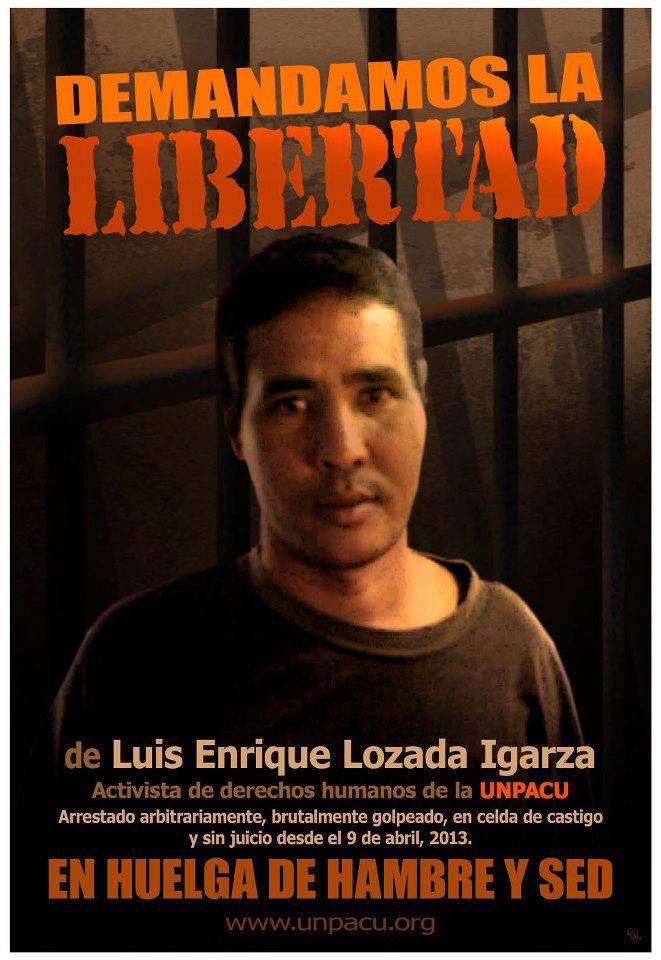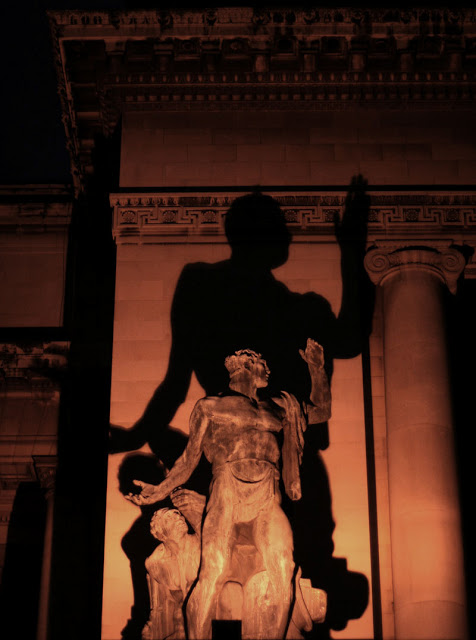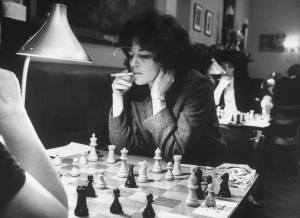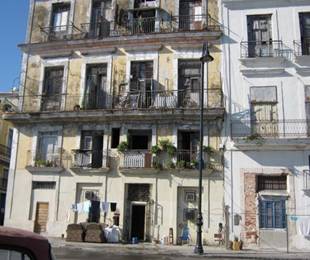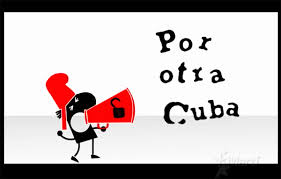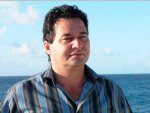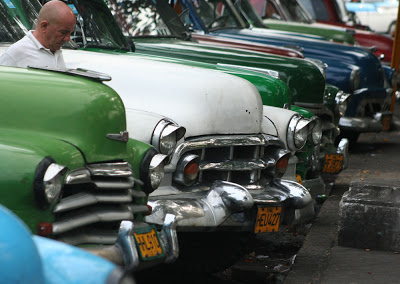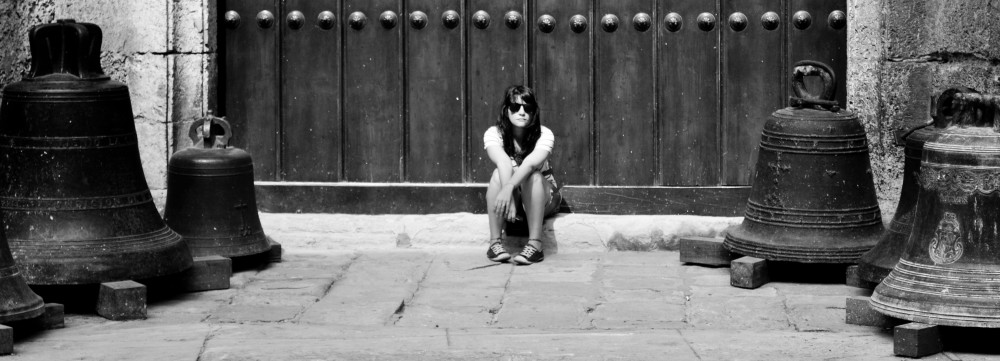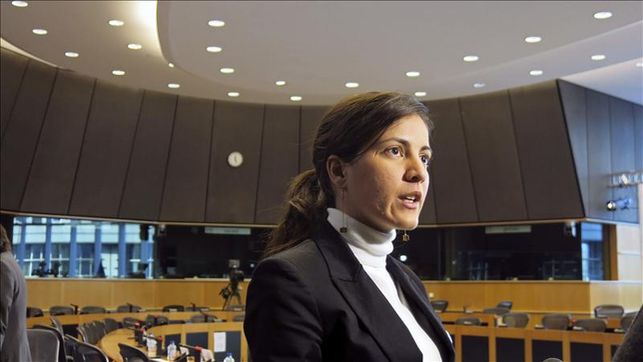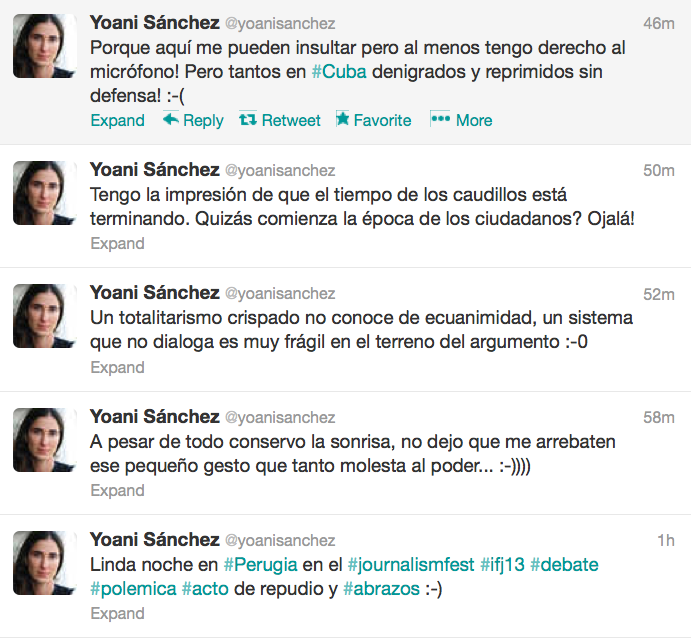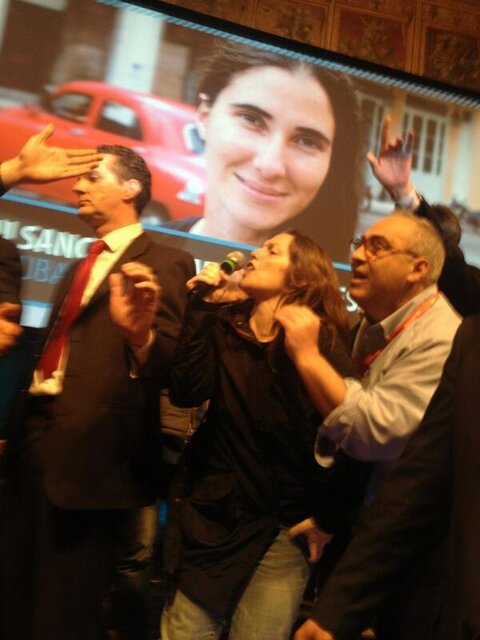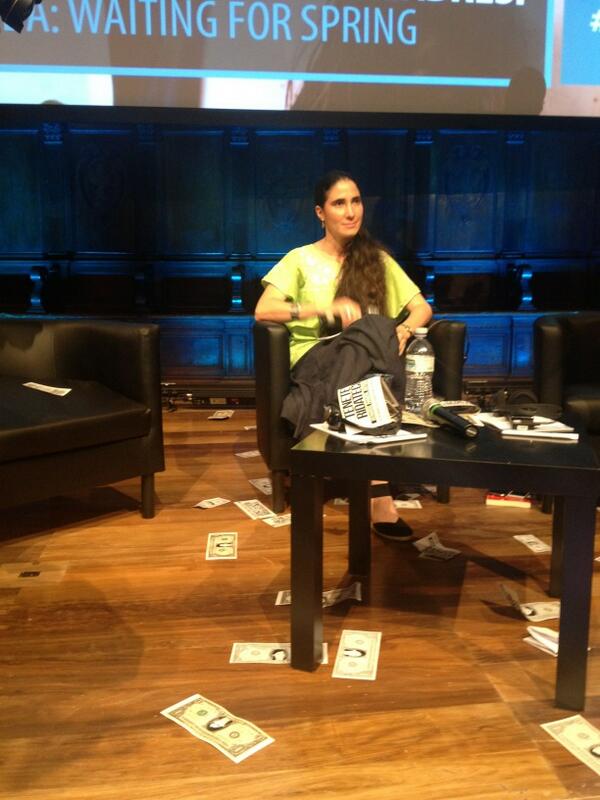
Photo: Orlando Luis Pardo Lazo
The Capitol building in Havana is beginning to emerge from its long punishment. Like a penitent child, it has waited 54 years to return to its status as the site of the Cuban parliament. Visited by everyone, it was a natural sciences museum with stuffed animals — plagued with moths — and in one of its hallways the first public internet site in the Cuban capital opened. While the tourists photographed the enormous statue of the Republic, thousands of bats hung from its highest decorated ceilings. They slept upside down during the day, but at night they swooped around leaving their feces on the walls and cornices. It accumulated there for decades, amid the indifference of the employees and the giggles of teenagers who pointed at the waste saying, “Look, shit, shit.” This is the building I have known since my childhood, fallen into disgrace but still impressive.
Visitors are always captivated by the history of the diamond that marks the starting point of the Central Highway, with its share of cursing and greed. And on observing this neoclassical colossus, these same travelers confirm — what we all know but no one says out loud — “It looks a lot like the Capitol in Washington.” In this similarity lies part of the reason of the political exile suffered by our flagship building. It is too reminiscent of that other one; an obvious first cousin of what has come to pass for the image of the enemy. But since, by decree, no architectural symbols are erected in any city, its dome continues to define the face of Havana, along with the Malecón and el Morro which stand at the entrance to the Bay. For those arriving from the provinces, the photo in front of the wide staircase of this grand palace is obligatory. Its dome is also the most common reference point in paintings, photos, crafts, and whatever trinket someone wants to take back home to say: I was in Havana. While they insisted on downplaying its importance, it only became more prominent. The greater the stigma attached to it, the more enthralling its mixture of beauty and decay. Among other reasons because in the decades after its construction — right up to today — no other construction on the Island has managed to surpass it in splendor.
Now, the National Assembly of People’s Power will begin to sit exactly where the Congress of the Republic of Cuba once met, a congress the official history books speak so badly of. I imagine our parliamentarians meeting in the chamber of upholstered seats, surrounded by the large windows with their regal bearing, under the finely decorated ceilings. I see them, as well, raising every hand to unanimously — or by huge majorities — approve every law. Silent, tame, uniform in their political ideas, eager not to offend the real power. And I don’t know what to think; whether, in reality, this is a new humiliation — a more elaborate punishment — in store for the Havana Capitol; or if, on the contrary, it is a victory, the triumphant caress it has been waiting for for more than half a century.
30 April 2013

